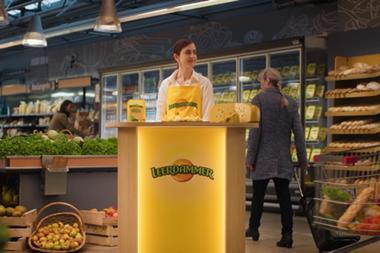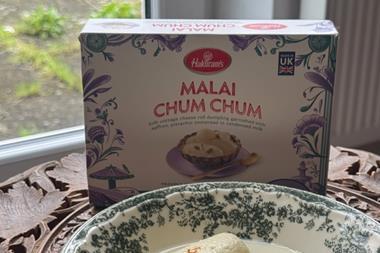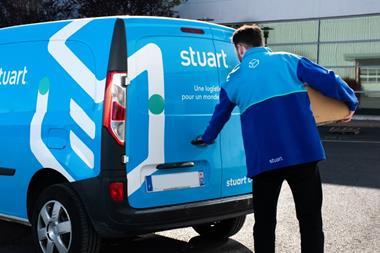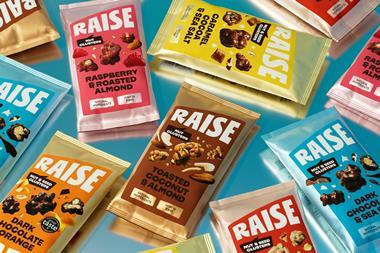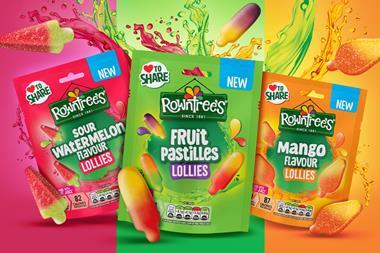Scottish pride
To kick off C-Store’s fresh & chilled section, Nicola Cottam learns about an ambitious Scottish Executive project to get healthier ranges into the nation’s c-stores
ALREADY HAVE A REGISTERED USER ACCOUNT? PLEASE LOG IN HERE
To read the full story join the ConvenienceStore.co.uk community today!
Registration is quick and easy and provides access to:
- Unlimited ConvenienceStore.co.uk articles
- Our great range of newsletters
- Content you’ve saved for later via the ‘my library’ feature
And much more…





















